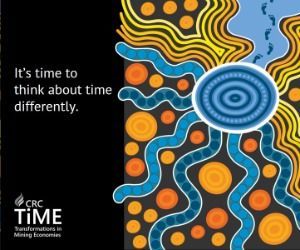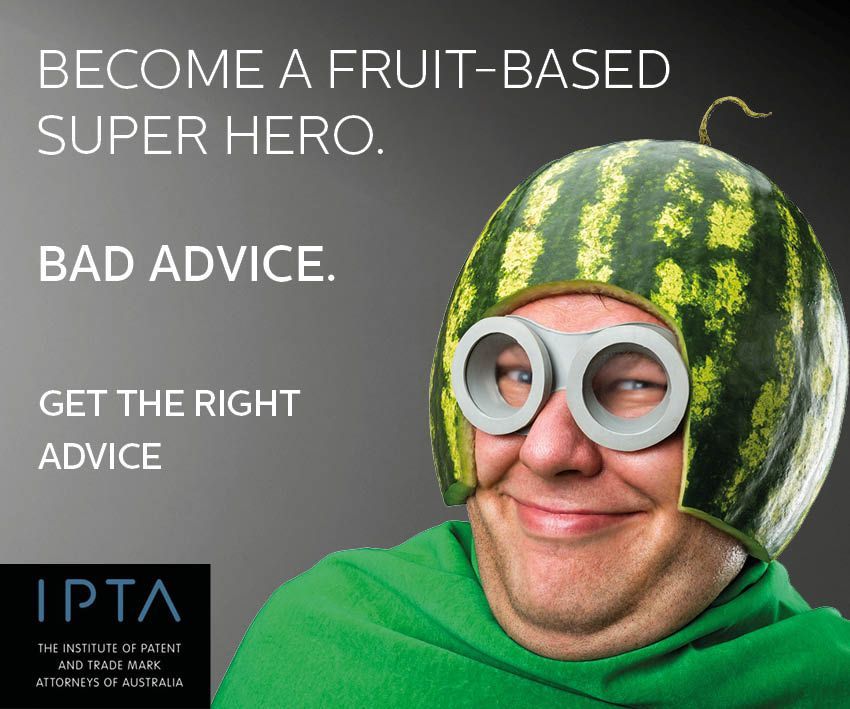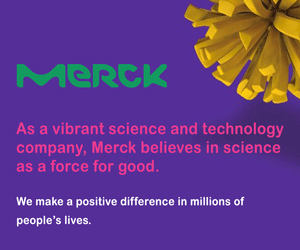1MG FlippingBooks
Amazing Facts - Sociology
Rose Lane
Have you ever found yourself in a strange situation and wondered how you got there?

Finally landed your dream job and had to pinch yourself to make sure you’re not dreaming? It could be down to what is known in sociology as the Theory of Weak Ties.
The theory was first postulated by sociologist Mark Granovetter who found that, contrary to the conventional wisdom that your best friends and family members are your most valuable social assets, it’s the weak ties—the relationships you hardly nourish—that hold the golden keys to opportunities.
Your close friends are fantastic for Netflix binges, heart-to-heart talks, and emergency dog-sitting, but the problem is they usually know the same people you do and hear about the same opportunities you’re already aware of. It’s those weak ties that serve as bridges to different social circles. Your hairdresser’s cousin probably moves in entirely different social circles than you do, which means they have access to ab entirely different set of resources and opportunities. So while your friends may not know anyone who’s hiring, your hairdresser’s cousin might, and you happen to find out during the superficial chit-chat that happens while you’re getting your hair cut.
Think about it. That’s what networking events are for. These are designed for small-talk with strangers. You chat about what each of you does over a glass of wine, agree to connect on LinkedIn—the bastion of establishing weak social ties—and bingo, you’re offered an interview. And speaking of LinkedIn, ever wondered why you get requests from people you’ve met just once? They’re not stalking you, they’re capitalising on the strength of weak ties. We live in a society where networking is the modern alchemy, turning handshakes into job contracts. Granovetter’s theory essentially gives us permission to accept that LinkedIn request without feeling creepy. Go ahead and connect; you’re not being weird, you’re being a sociologist.
It’s also about being genuinely interested in people. Maybe you need some alterations done on a new outfit. While the tailor takes your measurements you could both stand there in complete silence, or you could ask them how business is. They tell you’re they’re struggling to build their client base and need someone to update their website, you tell them that’s what you do for a living. Bang! They’ve found someone to help them and you’ve just landed a new client, as well as an outfit that fits properly.
How did J.K. Rowling finally get her first Harry Potter book published after it was rejected by 12 different publishers? Through a close friend or family member? No. The publisher, Nigel Newton, the chairman of Bloomsbury Publishing didn’t feel like reading a children’s book so he gave the first chapter to his 8-year-old daughter, Alice. She nagged him for more and the rest is history.










